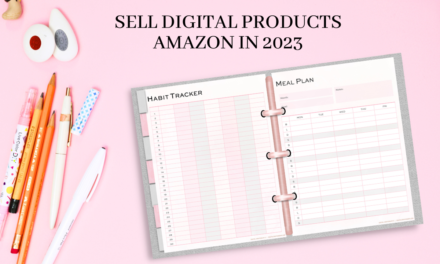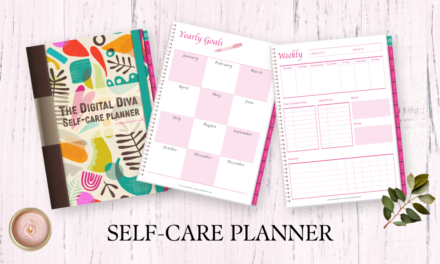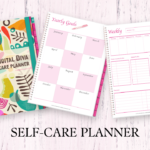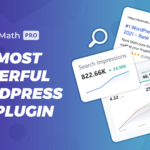In today’s digital age, online businesses are thriving, and platforms like Shopify and Etsy are at the forefront of this eCommerce revolution. But how do they stack up against each other? Is Shopify better than Etsy? In this blog post, we’ll explore the key differences, pros and cons, and everything in between to help you make an informed decision about which platform is right for your business.
Key Takeaways
Shopify and Etsy are two distinct eCommerce platforms for different types of sellers, with varying product restrictions & customization options.
Shopify offers extensive features & tools to create a unique store, while Etsy is specialized in handmade items but has limited customization.
Pros and cons should be weighed when considering which platform best fits your business needs – Shopify provides control but requires additional responsibilities. Etsy makes selling easier but has more limitations.
Shopify vs Etsy: Key Differences
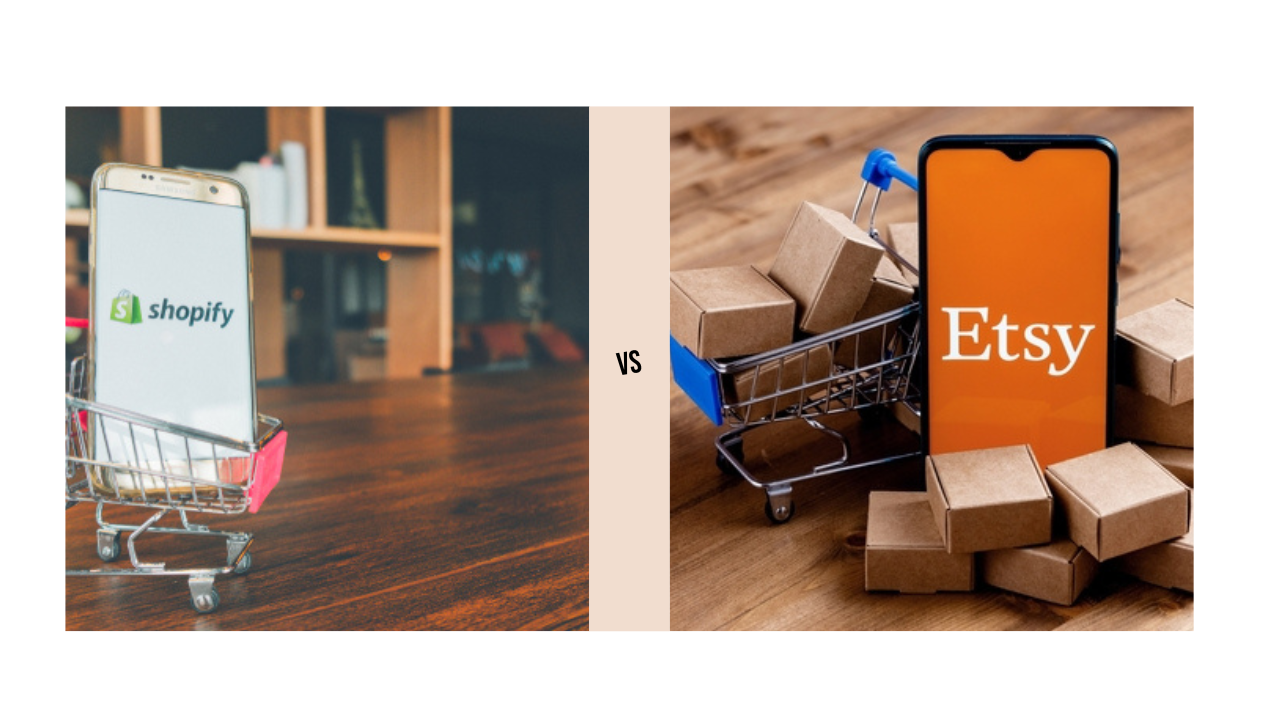
When we delve into the world of eCommerce, a comparison between Shopify and Etsy provides insightful perspectives. These platforms, while both leaders in the digital marketplace, cater to different needs and types of sellers. Shopify, on one hand, is an eCommerce platform designed for a wide range of businesses. From small startups to large corporations, Shopify provides a comprehensive suite of tools and features to create a unique, customized online store.
On the other hand, we have Etsy, an online marketplace specifically geared towards sellers of handmade, vintage, and craft supplies. This platform has carved out its niche in the eCommerce landscape, providing a platform for artisans and creators to sell their unique, handcrafted goods. Therefore, the choice between Shopify and Etsy depends largely on the type of business you run, the products you sell, and your specific needs and preferences as a seller.
This fundamental difference in target audience leads to variations in product restrictions and customization options.
Target Audience

Shopify caters to a diverse range of businesses, from small startups to established enterprises. Whether you’re selling clothing, electronics, or digital products, Shopify provides the tools and resources needed to build and manage a successful online store.
Conversely, Etsy specifically targets a niche market, including sellers of handmade, vintage, and craft supplies. This tailored approach has turned Etsy into a thriving community of like-minded individuals who appreciate unique and artisanal products. For sellers in this market, Etsy offers the advantage of an audience already interested in these types of items.
Product Restrictions
Shopify prides itself on its flexibility, allowing sellers to list almost anything legal on their online stores. This broad scope means that Shopify can cater to various industries, making it an excellent choice for businesses with diverse product offerings.
Unlike Shopify, Etsy enforces specific product restrictions to uphold its unique marketplace identity. Etsy sellers can only list handmade items, vintage items (at least 20 years old), and craft supplies. While this may limit some sellers, it ensures that Etsy remains a unique and specialized platform for its target audience.
Customization Options
Shopify shines when it comes to customization options, offering 157 templates, multi-currency and multilingual features, and domain setup and brand identity customization. These extensive options enable sellers to create a unique and engaging online store that reflects their brand and caters to a global audience.
Etsy, however, has more limited customization options within its marketplace, focusing primarily on sleek, modern, and attractive design and layout. Etsy does offer its Etsy Pattern platform, which allows sellers to build their own website using existing Etsy shop content and tools, but it still doesn’t compare to the extensive customization options provided by Shopify.
Ease of Use and Setup
Both Shopify and Etsy are user-friendly platforms, but their setup processes differ. Shopify requires building a new website from scratch, offering a plethora of tools and resources to help you create your online store.
In contrast, Etsy streamlines the setup process by enabling sellers to swiftly add listings to their existing marketplace.
Shopify Setup Process
Setting up a Shopify store involves creating a new website, but the platform provides lots of tools and resources to help you along the way. From selecting a template to customizing your store’s appearance, Shopify guides you through each step, ensuring a smooth and seamless process.
Additionally, Shopify’s dropshipping starter kit offers a bundle of resources and tools to help you launch a successful dropshipping store.
Etsy Setup Process
Etsy’s setup process is a breeze, designed to get your listings up and running in no time. By focusing on simplicity, Etsy streamlines the process of adding listings to their existing marketplace, making it easy for sellers to start selling their handmade, vintage, and craft supplies quickly.
Once your Etsy store is set up, you can easily manage your listings and orders through the Etsy dashboard.
Pricing and Fees

When it comes to pricing and fees, Shopify and Etsy have different structures. Shopify offers various pricing plans with different features and fees, while Etsy has both a free plan and a paid plan with etsy fees for listing and transactions.
Comprehending the costs associated with each platform is vital for making the optimal decision for your business.
Shopify Pricing Plans
Shopify provides multiple pricing plans, catering to different business sizes and needs. These plans come with varying features and fees, allowing you to choose the best option for your business.
Shopify plans have various core eCommerce features, including:
Unlimited physical and digital product catalogs
Credit card processing through Shopify Payments
Gift cards
Abandoned cart recovery
Discount codes
SSL certificate
When you upgrade to a plan with a higher tier, you can enjoy lower transaction costs, including a reduced transaction fee. This is an added benefit of upgrading.
Etsy Pricing Plans
Etsy offers a free plan and a paid plan called Etsy Plus, which costs $10 a month. The free plan allows you to list items in the marketplace, while Etsy Plus provides additional benefits such as extra customization options, email alerts to help grow your store, and access to Etsy Payments for seamless transactions.
However, both plans include fees for listing, transaction fees, and payment processing fees, which can add up over time, especially if you have a high volume of sales.
Is Shopify better than Etsy? Let’s look at Features and Tools
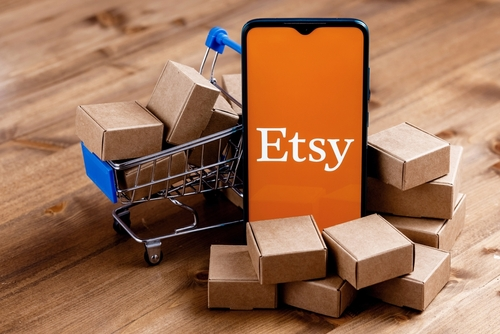
Both Shopify and Etsy provide a variety of eCommerce features and tools designed to assist in managing your online business, though these differ between each platform. While Shopify has a larger range of features and tools, Etsy provides basic eCommerce tools and limited features even with an upgrade.
Shopify eCommerce Features

Shopify is known for its advanced eCommerce features and unlimited product listings. Some notable features include:
Customizable online stores
Embeddable “Buy Now” buttons
Plenty of integrations
Point-of-sale (POS) system to handle in-store purchases
Multichannel capabilities
Shopify’s large third-party Shopify app store offers a wide range of additional tools and services to enhance your store’s functionality.
Etsy eCommerce Features

In comparison, Etsy offers basic eCommerce tools for etsy stores, such as customizable storefronts and a range of payment options. While Etsy provides some useful marketing tools, its features are generally more limited than Shopify’s, even with an upgrade to the Etsy Plus plan.
This limited feature set may be sufficient for small-scale sellers focused on handmade, vintage, and craft supplies, but businesses looking for more advanced features and scalability may find Shopify a better fit.
SEO and Marketing Capabilities

Attracting customers and driving sales greatly rely on search engine optimization (SEO) and effective marketing capabilities.
Shopify and Etsy have different approaches to SEO and marketing, which may impact the visibility and performance of your online store.
Shopify SEO and Marketing
Shopify focuses on optimizing its stores for the Google search engine, providing built-in promotional tools to help boost visibility. Shopify offers a range of SEO and marketing capabilities, including:
Keyword optimization
Meta titles and descriptions
Content marketing
Link building
Access to SEO apps and tools
These features help ensure your Shopify store ranks well in search engine results and attracts potential customers.
Etsy SEO and Marketing
Etsy, on the other hand, relies on its own search engine and offers automatic advertising for a fee. While this approach simplifies the marketing process for sellers, it may limit the reach of your store beyond Etsy’s marketplace.
Etsy does provide some built-in marketing tools, such as social media integration and coupon codes, but its SEO and marketing capabilities are generally more limited compared to Shopify.
Read about SEO and Marketing here!
Customer Support and Resources

The success of your online business can be significantly influenced by the quality of customer support and resources provided by the eCommerce platform.
Shopify and Etsy both offer customer support and resources to their users, but the extent and quality of this support differ.
Shopify Customer Support
Shopify is known for its 24/7 customer support, providing extensive resources and assistance for sellers at any time of day or night. Shopify offers contact support through your account, email support, and a comprehensive help center to address any issues or concerns you may have.
Additionally, a variety of customer service apps can be found on the Shopify platform, further enhancing your support capabilities.
Etsy Customer Support
Etsy provides a help center and forum for sellers to get answers to their questions and connect with other Etsy users. However, Etsy lacks the personal and in-depth support offered by Shopify, which may impact the overall user experience and the success of your store.
For sellers who require more hands-on assistance, Shopify’s customer support may be a better fit.
Integration and Multichannel Selling
Given today’s competitive ecommerce business landscape, employing integration and multichannel selling techniques is key to broadening your audience reach and boosting sales.
Both Shopify and Etsy can be integrated for multichannel selling, allowing you to manage your inventory, orders, and payments across multiple platforms.
Shopify Integrations

Shopify integrates with a variety of channels and platforms to enable seamless selling, including social media platforms, marketplaces, and other eCommerce tools.
This flexibility allows you to manage your inventory, orders, and payments across multiple channels, ensuring a smooth and efficient selling process.
Etsy Integrations
Etsy can also be connected to Shopify for multichannel selling using the Etsy Marketplace Integration app. By integrating Etsy with Shopify, you can manage your inventory and orders across both platforms, allowing you to reach a wider audience and increase sales.
Pros and Cons: Shopify vs Etsy
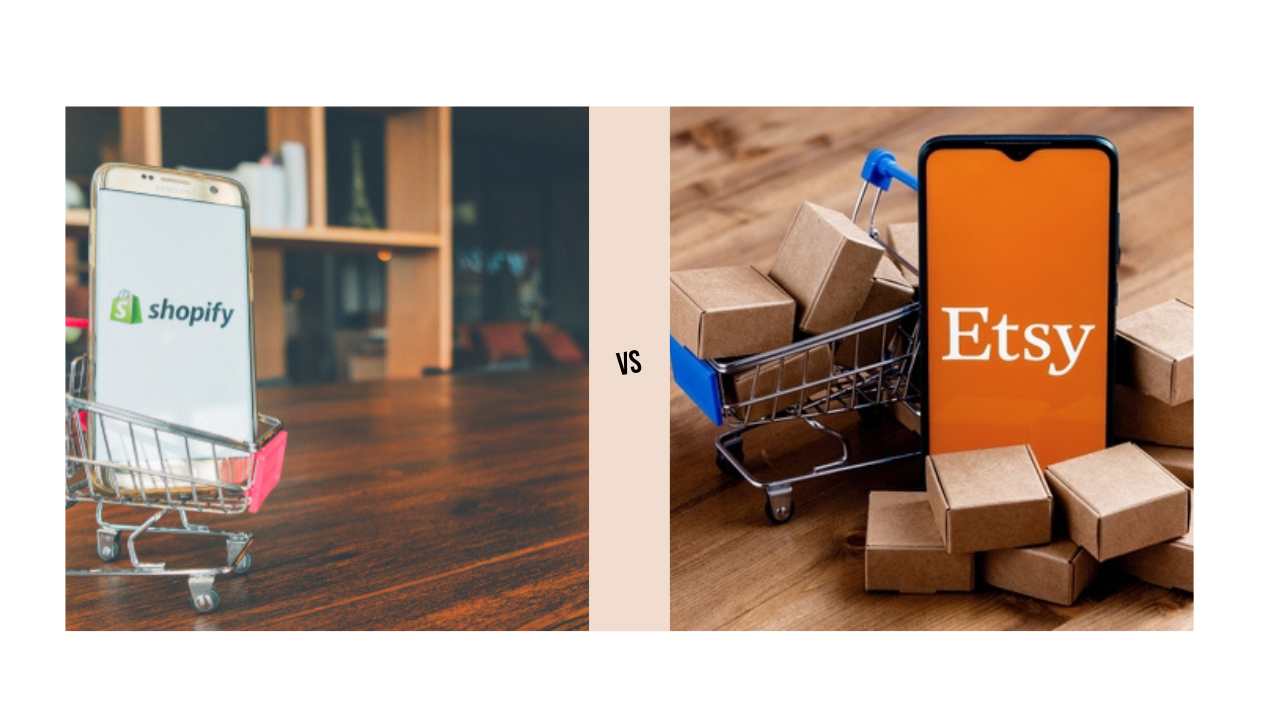
Ultimately, the choice between Shopify and Etsy depends on your specific needs and goals as a seller. Each platform has its own pros and cons, which should be carefully considered before making a decision.
Grasping the differences between the two platforms is fundamental for making a well-informed decision.
Shopify Pros and Cons
Shopify offers more control, customization, and scalability, making it an ideal choice for businesses looking to grow and evolve over time. This, however, entails additional responsibilities such as marketing and customer attraction, given that Shopify lacks a pre-established audience like Etsy.
For sellers who are willing to put in the effort to build their customer base and prefer more control over their online store, Shopify may be the better choice.
Etsy Pros and Cons
Etsy provides a ready-made audience and a simpler setup process, making it an attractive option for online selling, especially for sellers focused on handmade, vintage, and craft supplies. Etsy, though, comes with limited customization options and product restrictions, potentially posing a challenge for sellers aiming to broaden their product range or establish a unique online store.
For those who prefer a more straightforward approach and are content with the restrictions of Etsy’s marketplace, Etsy may be the better choice.
Summary
In conclusion, both Shopify and Etsy have their own strengths and weaknesses, catering to different types of sellers and businesses. By carefully considering the key differences, pros and cons, and the specific needs of your business, you can make an informed decision and choose the platform that best supports your online selling journey. Ultimately, the success of your online store depends on your dedication, creativity, and the ability to adapt and grow in the ever-changing world of eCommerce.
Frequently Asked Questions
Which is better to sell products on Etsy or Shopify?
Shopify offers more customization, marketing tools and integrations than Etsy, making it the better choice for small retail businesses and those looking to grow their standalone online store. However, Etsy is a great option for artisans selling handmade goods or vintage items in small quantities, as it provides a built-in audience and no upfront costs.
Is Shopify cheaper then Etsy?
Etsy is generally cheaper than Shopify, since it has no monthly fees and most of the features for creating a store are free. However, in the long run, managing an Etsy store can end up costing as much as Shopify does on a monthly basis.
Can I sell vintage items on Etsy?
Yes, you can sell vintage items on Etsy. They must be at least 20 years old to qualify.
Do both Shopify and Etsy offer customer support?
Yes, both Shopify and Etsy offer customer support. However, the extent and quality of the support may differ.

